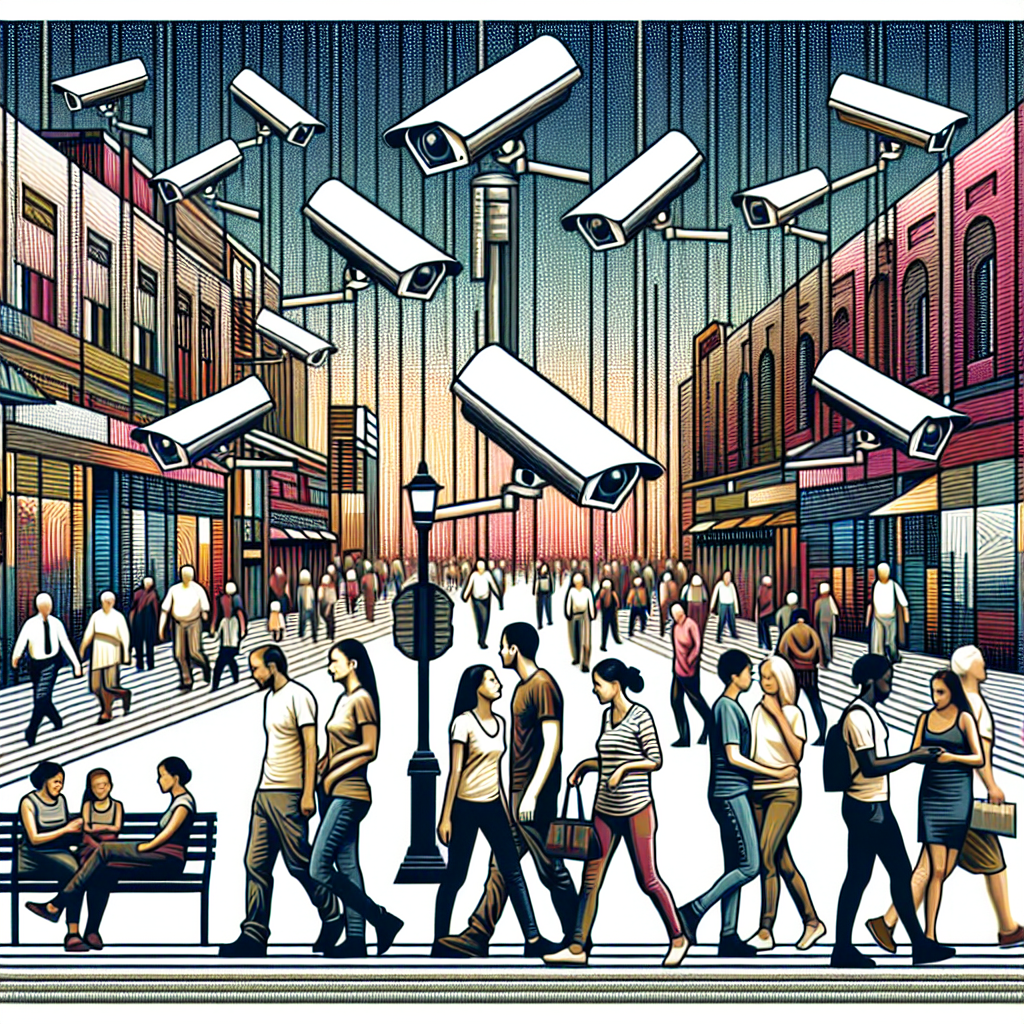Understanding Government Surveillance Programs
Government surveillance programs have become a significant aspect of modern governance, particularly as technology progresses at an unprecedented rate. These initiatives, designed to enhance national security, combat terrorism, and safeguard citizens, often tread a fine line between protection and invasion. This article examines various surveillance programs, their implications, and ethical dilemmas.
Historical Context of Surveillance
Historically, surveillance has roots in early state practices. The Roman Empire utilized informants to maintain control, while the 20th century saw more formalized programs, such as during World War II. The Cold War era introduced initiatives like COINTELPRO, which was aimed at monitoring civil rights movements. Understanding this history provides insight into the pervasive nature of surveillance.
The Rise of Modern Surveillance Technologies
As digital technology evolved, particularly after the advent of the internet, governments adapted their strategies for monitoring. Tools such as GPS tracking, data mining, and advanced algorithms allow for extensive data collection on individuals. The introduction of smartphones and social media has revolutionized how personal data is gathered and analyzed.
Key Government Surveillance Programs
1. NSA’s PRISM Program
The NSA’s PRISM program, revealed by Edward Snowden in 2013, exemplifies modern surveillance. This initiative enables the NSA to access user data from major tech companies like Google, Apple, and Facebook under the guise of national security. PRISM has come under fire for its breadth and depth, leading to debates about privacy rights versus national security needs.
2. FISA (Foreign Intelligence Surveillance Act)
The FISA was established in 1978 to authorize surveillance of foreign spies, but its scope expanded post-9/11. FISA courts can approve surveillance requests without probable cause for American citizens if they are in communication with foreign targets. Critics argue this weakens Fourth Amendment protections against unreasonable search and seizure.
3. Echelon
Echelon represents an international signals intelligence (SIGINT) collection and analysis network, comprising the US, UK, Canada, Australia, and New Zealand. This program intercepts satellite communications, phone calls, and emails, raising significant concerns about unconsented global surveillance, particularly among allied nations.
The Ethical Dilemmas of Surveillance
Surveillance programs stimulate extensive ethical discussions. Proponents argue that these measures protect national security and public safety. However, opponents claim they lead to unwarranted invasions of privacy, erode civil liberties, and create a chilling effect, discouraging free speech and dissent.
Consumer vs. Citizen Privacy
The delineation between consumer privacy and citizen rights becomes increasingly blurred. Many individuals sacrifice personal information for services, inadvertently enabling enhanced surveillance. Companies often track user behavior, blurring lines where consumer rights end, and citizen rights begin.
The Panopticon Effect
Derived from Jeremy Bentham’s Panopticon, the concept illustrates how constant observation alters behavior. As surveillance becomes ubiquitous, it influences how individuals conduct themselves, fostering a culture of self-censorship due to the potential for monitoring.
The Role of Technology Companies
Technology companies are pivotal in the surveillance debate. Many have been criticized for cooperating with government entities and not adequately safeguarding user data. Facebook, Google, and others have faced backlash for opaque data-collection practices, raising questions about their role in privacy erosion.
Demands for Transparency
Public backlash against covert surveillance operations has increased calls for transparency and accountability. Advocacy groups push for clearer legal frameworks governing surveillance, demanding that government actions undergo judicial oversight and public scrutiny. Such movements emphasize the necessity for a balance between security and the protection of civil liberties.
Global Perspectives on Surveillance
Surveillance is not a uniquely American issue; various countries implement their monitoring programs. In China, the Social Credit System exemplifies a surveillance state, influencing citizens’ behavior through strict monitoring. Conversely, European nations, guided by GDPR, emphasize data protection and civil liberties, contrasting starkly with more invasive approaches elsewhere.
Legal Frameworks Governing Surveillance
Around the world, different jurisdictions have established legal frameworks dictating surveillance parameters. In the U.S., the Fourth Amendment is foundational, yet interpretations often fluctuate based on court rulings. Other countries maintain distinct legal stipulations; for instance, the UK’s Investigatory Powers Act regulates surveillance practices, albeit with contentious aspects.
Public Perception of Surveillance
Public opinion regarding government surveillance is deeply divided, often influenced by individual values, cultural context, and recent events. While some individuals prioritize safety and support surveillance initiatives, others staunchly advocate for privacy rights. Events such as mass shootings or terrorist attacks tend to sway public opinion toward favoring greater surveillance.
The Future of Surveillance Programs
As technology progresses, the future of government surveillance will likely hinge on balancing security and privacy. Innovations such as artificial intelligence and machine learning may provide enhanced surveillance capabilities, raising further ethical concerns. Future legislation may evolve to encompass new technologies, reflecting societal values and preferences.
Conclusion
Government surveillance programs provoke a complex interplay of security, privacy, and trust. As society navigates the ever-advancing technological landscape, public discourse will be crucial in shaping the frameworks governing these practices. While the quest for security continues, the importance of protecting individual rights endures, ensuring that the balance between the two remains a focal point in ongoing discussions.












Leave a Reply